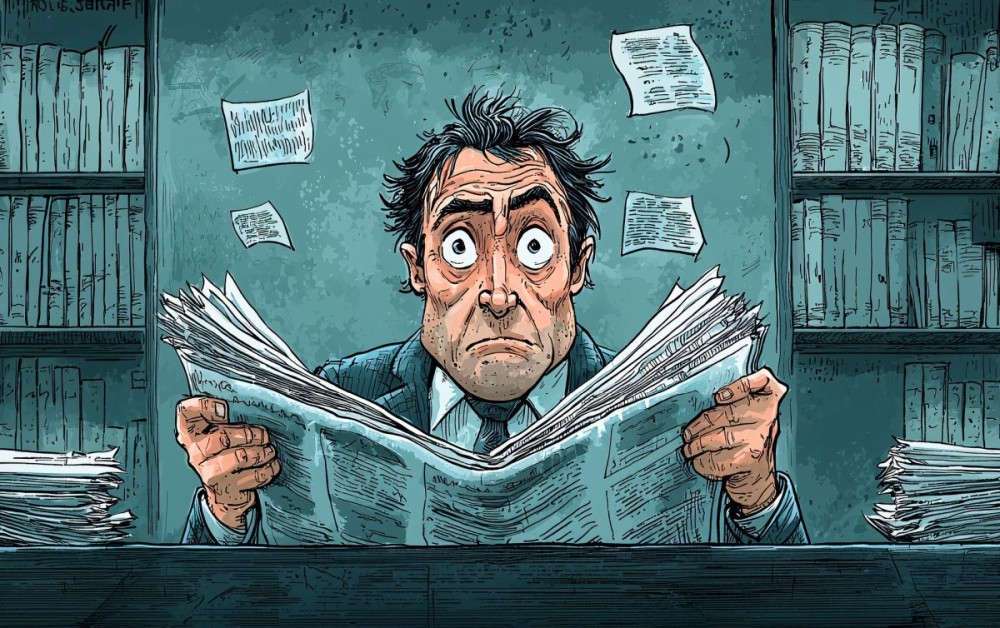(Photo Courtesy: Vilius Kukanauskas from Pixabay | For Representational Purpose only)

C Yeilih Konyak
The media is central to the working of any democracy. For citizens to form opinions about events, leaders, or policies, they must be able to access reliable information. It is through the media that such knowledge, along with analysis and differing viewpoints, reaches the people. In this way, it broadens participation in public affairs and strengthens democratic debate. An informed public, aware of facts and perspectives, can make responsible choices instead of being misled by rumours or ignorance. This makes it essential for the media to uphold truth, fairness, and integrity in its reporting.
Evolution of media as the voice of the public
From its earliest days, the press emerged as an outlet for people’s voices, often in resistance to authority. During the American and French revolutions, writers and thinkers used print to spread ideas and rally the public. In India too, newspapers started by leaders like Lokmanya Tilak, Aurobindo Ghosh, and Mahatma Gandhi criticised colonial rule while awakening national pride. Even today, the media remains the people’s forum, offering them a way to express their concerns—whether through letters to the editor or posts on digital platforms.
But its task does not end with providing a stage; it must present public opinion truthfully, without bending facts. Too often, today’s media succumbs to the pull of corporate money, political pressure, or the temptation of sensational stories. In such cases, the genuine concerns of citizens are drowned out by manufactured narratives. For democracy to thrive, the media must recommit itself to accuracy, fairness, and amplifying real voices.
Freedom is vital if the media is to serve the public. Independence from government control ensures it does not become a tool of authority, as happens under authoritarian regimes. A free press informs citizens about governance with honesty, keeping state power in check. During an election, it must report impartially on governments and candidates so that voters can make informed decisions. Its duty extends beyond politics too—by covering judicial matters, it reminds even the courts of their accountability.
Media and Government
However, independence is not secured merely by resisting state influence. Ownership must also remain diverse. As the U.S. Supreme Court once observed, democracy needs the widest spread of information from different and even opposing voices. If control of media falls into the hands of a few corporations, reporting often serves private interests rather than the public. Imagine, for example, a baby-food giant owning most news outlets—critical stories about its products could easily be buried, depriving citizens of the truth.
Yet, media freedom must go hand in hand with public responsibility. Citizens need to engage with multiple sources, with different viewpoints, and avoid being manipulated by vested interests. Only with such critical awareness can the media fulfil its democratic role—not as a mouthpiece for power, but as the moral conscience of society.
Media ethics
Being independent however, does not allow the media the right to be irresponsible or insensitive. The media must remain accountable to the people as it serves as a powerful tool of communication. In order to ensure that the media remains socially responsible and responsive, governments of different countries have laid down laws and codes of conduct. These rules regulate the ethics according to which a media should operate in a democracy.
But with the growing rate in Citizen journalism, the media ethics is significantly challenging. It is to ponder whether they are a credible journalists? Citizen journalism has the potential to democratize the media and provide a diversity of perspectives; there are also significant disadvantages and risks associated with this practice. These disadvantages include the lack of professional training and journalistic standards, the potential for harm to individuals and communities, the issue of accountability, and legal and ethical considerations. For instance, the growing trend is exposing the victim's face on social media, mainly on whatsapp in cases of rape, accident or murder. It affects privacy and it is a disrespect for the victim's identity and their family.
Given the media influence—especially on the youth—media content must never incite violence, spread hatred, or defame individuals or communities. Equally dangerous is misinformation, which can erode trust, disturb harmony, and even endanger national unity.
In conclusion, balanced and ethical journalism is not just a professional obligation but a cornerstone of democracy itself. In a society that values free expression, the media must use its freedom wisely—standing as a watchdog for the people, never as a weapon against them.



